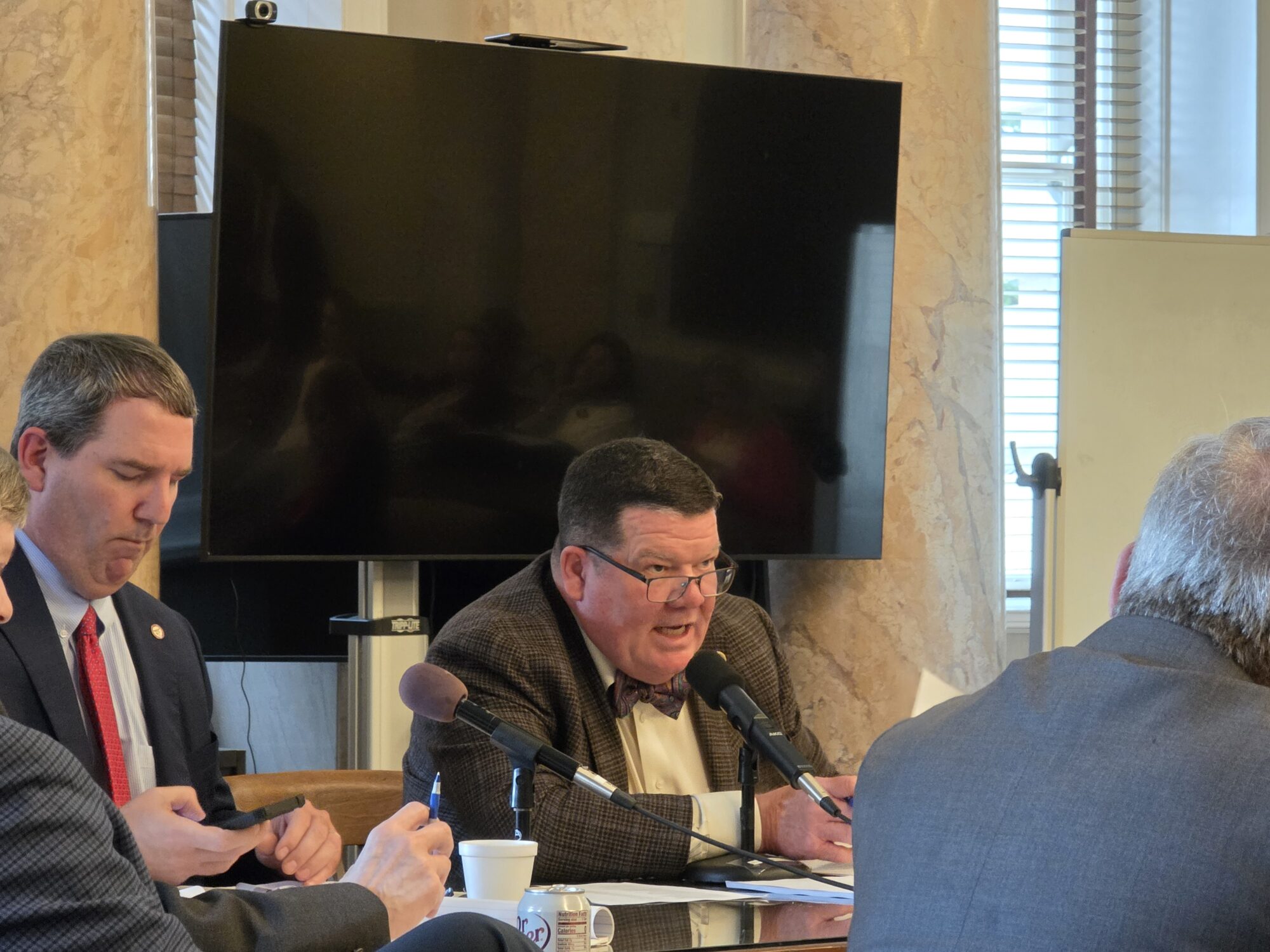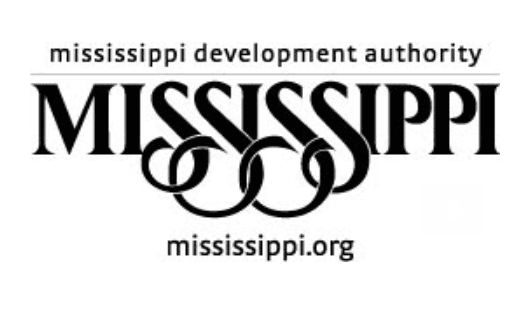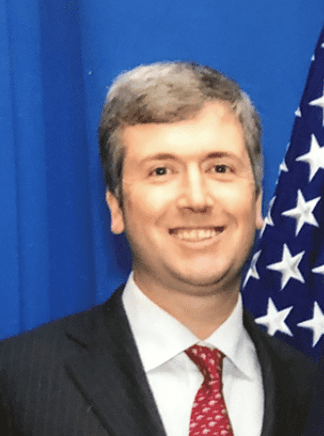
On Monday, the Mississippi Legislature reconvened to handle a few matters of business. High on the list of priorities was overturning the Governor’s veto of the education budget, but members also began work again on the Department of Marine Resources budget which was never set before they left in July. They gaveled out without setting the DMR budget, but did accomplish a few other things.
A new bill, brought by the Senate, was passed in both chambers before they headed home. SB 3053 would amend certain provisions pertaining to CARES Act funds going to businesses under SB 2772.
Legislators originally appropriated $300 million to Mississippi businesses from the $1.25 billion the state received in CARES Act funding. That number then broke down to $240 million placed into the Back to Business Grant Fund which would be divided out among grant applications. $60 million was placed in the Mississippi COVID-19 Relief Payment fund for an immediate payment of $2,000 to businesses which met the tax filing requirements.
The new bill includes FY 2021 along with FY 2020 as the time period for which the Department of Finance and Administration will have the authority to receive, budget and escalate certain federal funds related to the CARES Act. It also increases the base amount a business is eligible for from $1,500 to $3,500.
The bill was referred to the Appropriations committee in the Senate where it passed quickly. Once it was received on the floor, it passed unanimously after only one amendment was offered to address the related code section.
The House followed suit with only Rep. Joel Bomgar (R) voting no and Rep. Charles Young (D) voting present. The bill was then immediately released.
This appropriation could be the justification the Legislature needed to reconvene when they did. There was speculation as to whether or not they had the authority to come back on their own under HCR 69. By taking up an appropriation related bill for CARES Act funding, lawmakers seemingly stayed within their own guidelines that only allowed them to come back in before October 5 to handle COVID-19 related issues.
Had they been forced back by a special session called by Governor Tate Reeves, they would have been confined to only work on whatever fell within the parameters he set.











